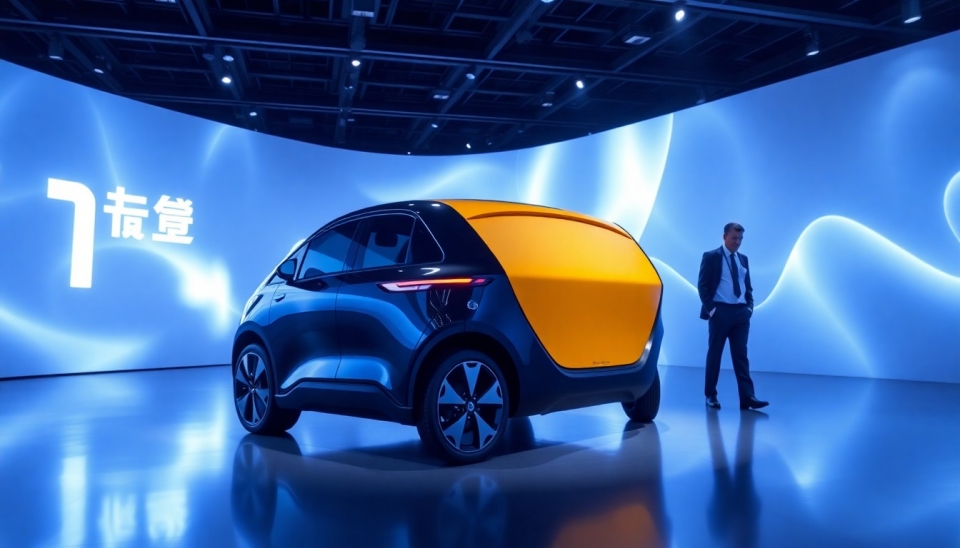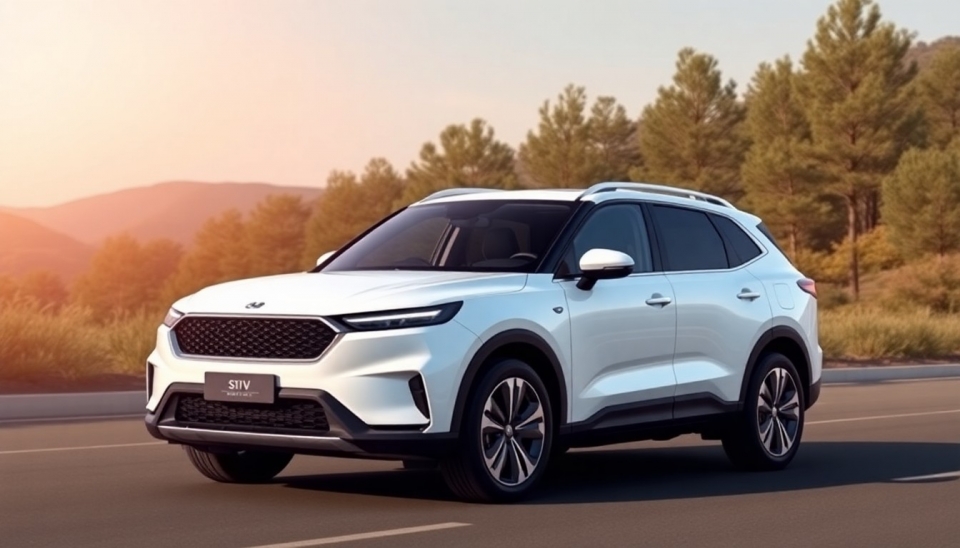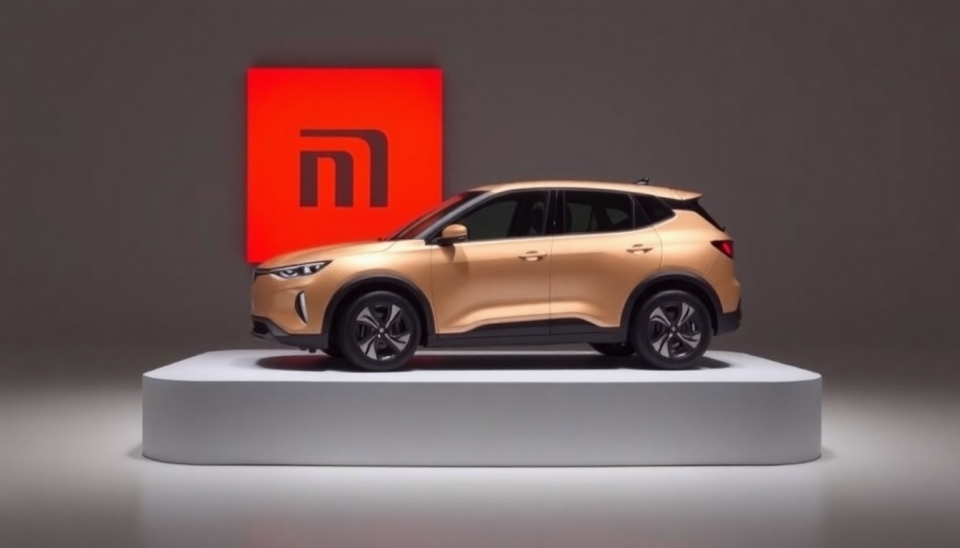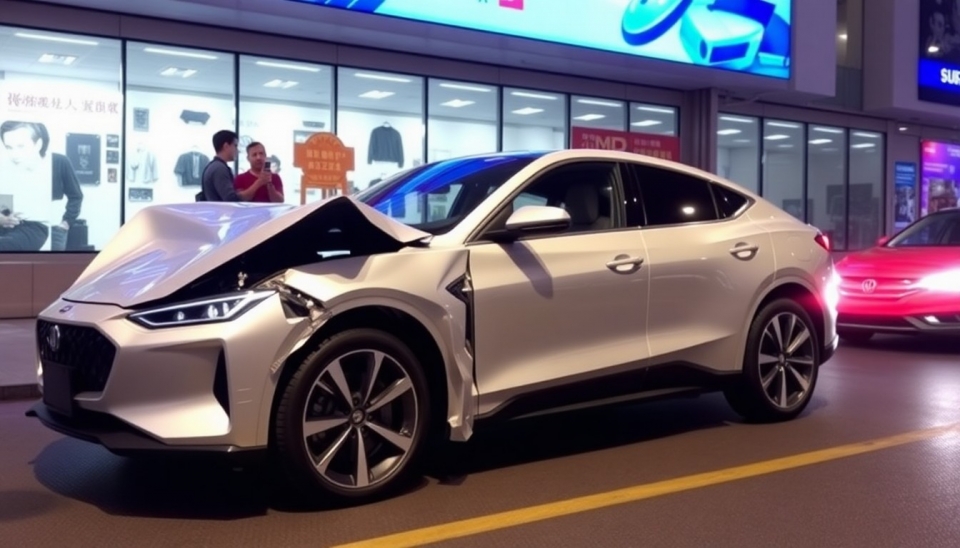
In a strategic move that highlights its commitment to the burgeoning electric vehicle (EV) market, Xiaomi has announced a bold target for 2025: the company aims to deliver 350,000 electric vehicles. This ambitious goal reflects Xiaomi's efforts to expand beyond its smartphone roots and establish a foothold in one of the most competitive sectors in the automotive industry.
Xiaomi's decision to raise its delivery target signifies the company's increasing confidence in its EV offerings, particularly as it gears up for a more substantial entry into this promising market. The announcement comes as part of a broader strategy to diversify its product line and meet growing consumer demand for electric mobility solutions.
Initially, Xiaomi had set a target of 240,000 deliveries for its EVs, but the shift to 350,000 indicates a robust response to both market conditions and internal capabilities. The company is positioning itself to not only keep pace with competitors but to leverage its existing technology and brand recognition in order to create a compelling proposition for potential customers.
To achieve this ambitious target, Xiaomi plans to scale up production operations while ensuring that its vehicles remain innovative and affordable. The EV space has seen increasing competition from established automotive manufacturers as well as new entrants, making it crucial for Xiaomi to differentiate its products through technology and value.
As Xiaomi prepares to ramp up its initiatives in the EV sector, industry insiders have noted that the company's approach will include heavy investments in research and development, partnerships for manufacturing, and an expansion of its global supply chains. These steps are expected to streamline production processes and enhance the overall efficiency of its EV rollout.
The anticipated expansion comes at a time when global demand for electric vehicles is surging, driven by increasing environmental regulations and consumer preferences for sustainable transportation. Xiaomi's entry into this space could significantly influence market dynamics, as the company aims to utilize its technological prowess in software and hardware integration.
Xiaomi’s strategy will involve drawing on its extensive experience in consumer electronics to integrate advanced features into its EVs. The company’s existing platforms in smart home technologies may also play a role in creating a more unified ecosystem for customers who seek interconnected devices.
Despite the challenges ahead, including navigating issues related to production disruptions and competition from well-established brands, Xiaomi's determination to seize market share in the EV sector is clear. The company is not just aiming to make a mark; it intends to redefine how electric mobility is perceived in today's fast-evolving automotive landscape.
As we move toward 2025, all eyes will be on Xiaomi to see how it executes this ambitious plan and whether it can achieve its goal of 350,000 EV deliveries, enhancing its position in the global market while contributing to the shift towards cleaner and more sustainable transportation options.
#Xiaomi #ElectricVehicles #EVTarget2025 #SustainableTransport #AutomotiveNews #TechInnovation #MarketTrends
Author: Emily Collins




